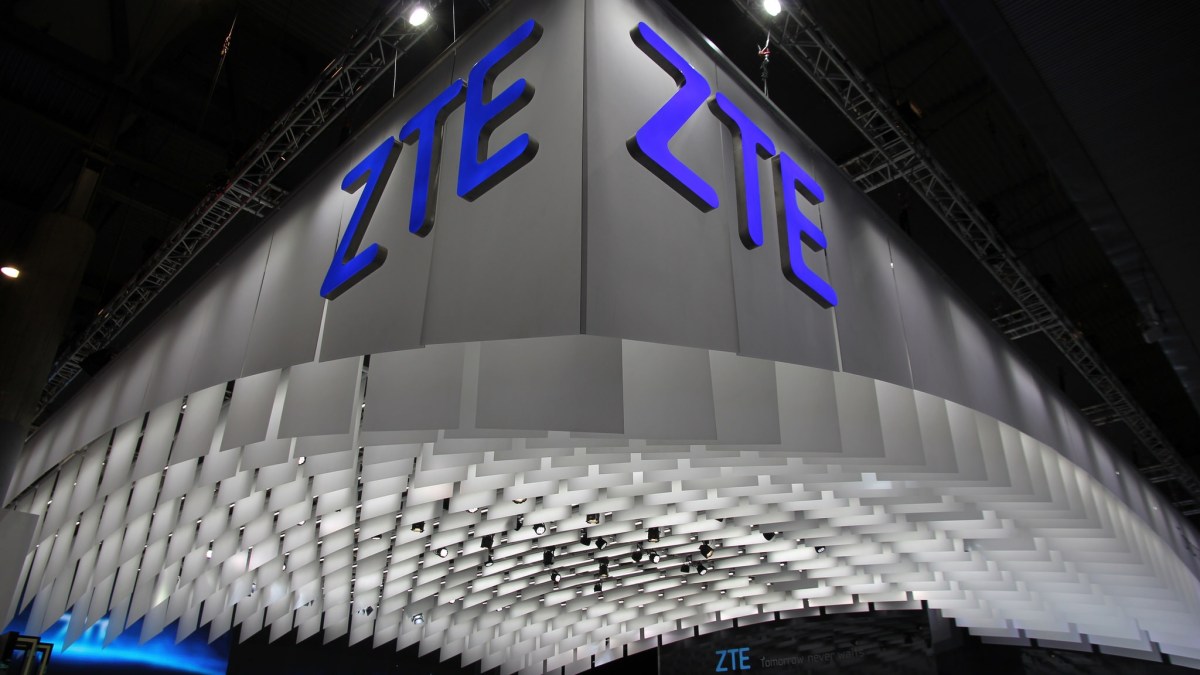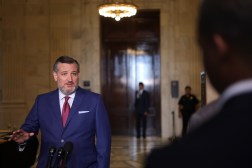FCC officially names Huawei, ZTE as national security risks

The U.S. Federal Communications Commission has designated Chinese telecommunication providers Huawei and ZTE as national security risks, a decision that officially prohibits American phone companies from purchasing their equipment with government subsidies.
The announcement Tuesday comes after U.S. intelligence agencies have repeatedly warned that Huawei and ZTE could conduct espionage against the U.S. and its allies on Beijing’s behalf.
The FCC’s decision takes effect immediately. It prevents U.S. companies regulated by the agency from spending federal funds obtained through the $8.3 billion Universal Service Fund (USF) — which is designed to promote universal access to phone services — on equipment or services from Huawei or ZTE.
The companies are subject to a Chinese law that requires firms to provide authorities with sensitive data, even if they’re unwilling to do so. FCC Chairman Ajit Pai said in a statement that both companies “have close ties to the Chinese Communist Party and China’s military apparatus,” and that the FCC considered the intelligence community’s recommendations in its final determination.
“We cannot and will not allow the Chinese Communist Party to exploit network vulnerabilities and compromise our critical infrastructure,” the FCC statement said.
Huawei and ZTE each have consistently denied any wrongdoing.
The FCC initially voted in November to blacklist Huawei and ZTE, though Tuesday’s order finalizes the effort.
The update to the USF could result in higher equipment prices for smaller telecommunication carriers in the U.S., the Verge previously reported. A number of firms that already have installed Huawei and ZTE equipment will need to remove and replace the technology under this FCC order.
The U.S. Department of Commerce in June amended an order to allow Huawei to play a role in developing standards for 5G cellular infrastructure.
U.S. prosecutors also have charged Huawei and its subsidiaries with conspiracy to steal trade secrets and racketeering in a federal indictment unsealed in February. Since then, current executives have admitted they are unable to determine if Huawei’s technology is used for surveillance.






